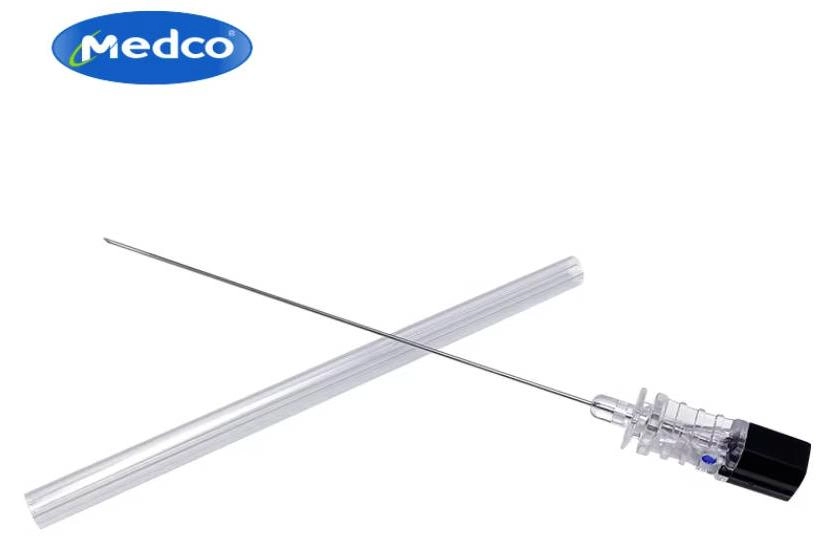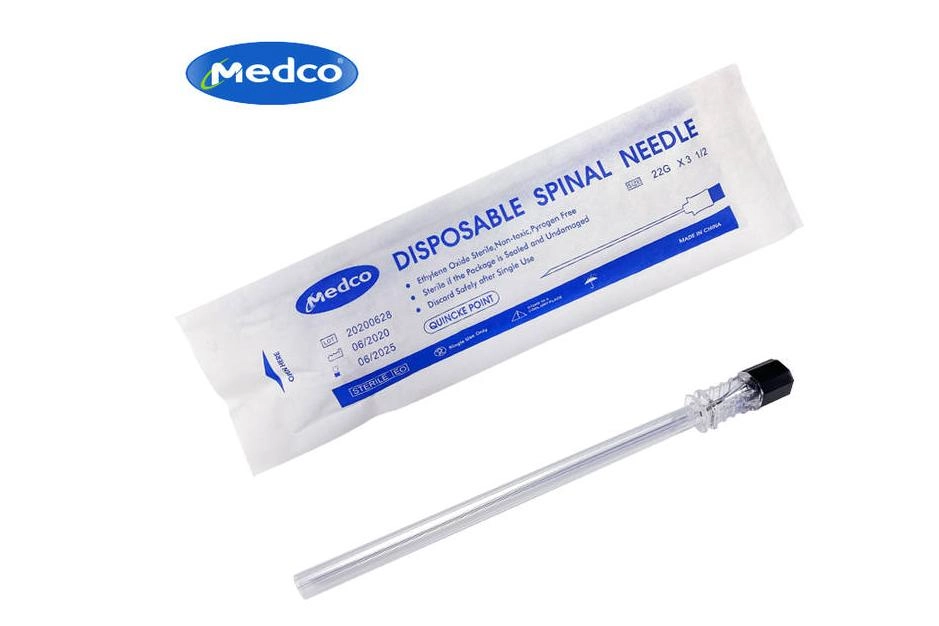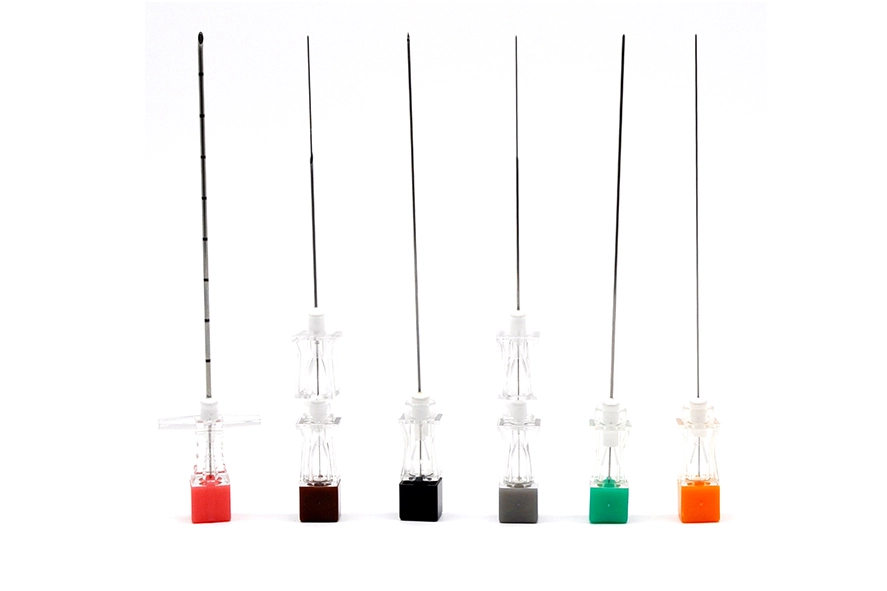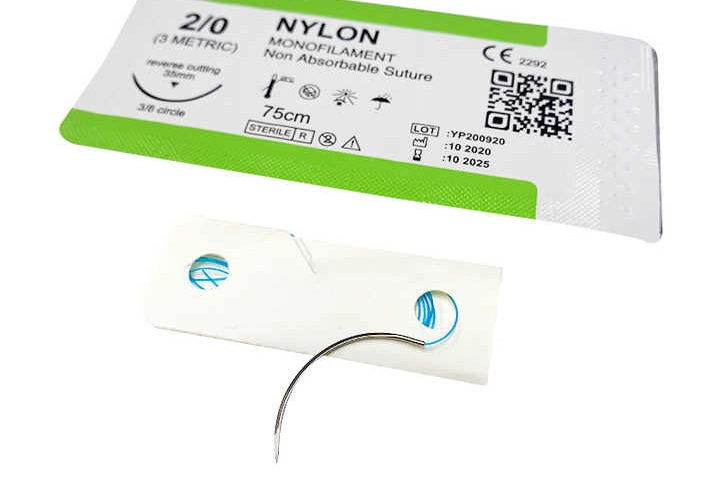
Back pain after spinal anesthesia can freak out people having surgery. This method is super common and does a great service keeping pain away during operations. But some folks end up with a sore back afterward. Figuring out why it happens, what’s okay, and when to worry can make recovery way easier.
What’s Spinal Anesthesia?
Spinal anesthesia is when a doctor sticks a needle in your back to put a numbing drug into the fluid around your spinal cord. It makes your lower body go numb for a bit. It’s used for stuff like C-sections, bone surgeries, or bladder operations. The needle has to go in just right to work well and avoid trouble.
Why Does Your Back Hurt After Spinal Anesthesia?
The Needle Can Make Things Sore
Poking a needle in can sometimes irritate or bruise the spot a little. This can make your back ache after the procedure. If the doctor has to try a few times to hit the right spot, it might hurt a bit more.
Irritation or a Bit of Swelling
The drug they inject can sometimes bug your tissues or cause some swelling. That swelling near the needle spot can make things tender. Plus, if the equipment isn’t totally clean, it could lead to an infection, which makes the soreness worse.
Muscles Get Strained from Posing
To get the needle in, you’ve got to bend forward or lie on your side with your knees tucked up. These poses help the doctor aim the needle right. But they can pull on your back muscles or ligaments. Staying like that for a while might leave you feeling sore or stiff.
What’s Normal and What’s a Problem?
Normal Aches After the Procedure
It’s pretty common to have a little soreness where the needle went in. This usually clears up in a couple of days. It doesn’t mess up your daily life much. You might also feel some tingling or numbness in your legs as the numbing stuff wears off. You can learn some medical professionals to make you know more about your body.
Signs You Should Worry About
Most back pain after spinal anesthesia isn’t a big deal and goes away fast. But some stuff means you need to call a doctor. Really bad pain that doesn’t quit could mean trouble like an infection, a blood clot, or nerve problems. If you’ve got a fever, redness or warmth where the needle went, trouble walking, or can’t control your bladder, get to a doctor ASAP.
Knowing what causes the pain and what signs to watch for helps you tell what’s normal from what needs a doctor’s look.
What Makes Back Pain More Likely?
A few things can up the chances of back pain after spinal anesthesia. Getting a handle on these helps you and your doctor know what to expect and how to deal with recovery.
Everybody’s Different
People handle procedures in their own way. Your body shape, how much pain you can take, or past back issues like worn-out discs can affect how sore you feel. If you’ve had back trouble before, you might feel it more after.
The Doctor’s Skill Is Key
How good the doctor is at placing the needle matters a ton. Hitting the right spot keeps irritation or damage low. If they have to poke around a lot or miss the mark, it can lead to more soreness or even injury.
The Kind of Needle
The needle they use can change how you feel after. Some needles are made to hurt tissues less and cut down on things like headaches later. Even with those, you might still feel a little irritation.
How Long Surgery Lasts and How You’re Positioned
How long you’re in surgery and how you’re lying on the table can make your back feel stiff or sore. Staying in a weird position for ages can make things feel worse once the numbing wears off.

How to Handle Back Pain After Spinal Anesthesia
Dealing with back pain after spinal anesthesia means trying easy fixes at home, taking it easy, and knowing when to call a doctor.
Home Fixes and Self-Care
Rest but Keep Moving a Little
Resting is super important after any procedure. But don’t just lie in bed all day—it can make your muscles stiff. Doing gentle stretches or light movement gets your blood moving. It helps keep your back from getting too tight without pushing it too hard.
Use Heat or Cold
Putting heat or cold on the sore spot can really help. Heat loosens up tight muscles and gets blood flowing. Cold packs can calm swelling and numb the pain. Try switching between them for the best relief.
When to Call a Doctor
A little back pain is normal after spinal anesthesia. But if it’s really bad or sticks around despite home fixes, it could mean something serious, like an infection or nerve trouble. Don’t brush off stuff like fever, redness where the needle went, or things like numbness or weakness. Talking to a doctor quick makes sure you get the right help.

Ease post-procedure back pain with Medco’s high-quality spinal anesthesia syringes. Designed for precise delivery and patient comfort, Medco’s syringes ensure reliable performance for healthcare professionals. Trust Medco’s 35+ years of expertise in medical devices for safer, smoother procedures. Purchase your Medco spinal anesthesia syringe today and enhance your practice with top-tier equipment.
FAQ
Q: How long does back pain last after spinal anesthesia?
A: Most mild soreness clears up in a couple of days. If it sticks around or gets worse, check with a doctor.
Q: When should I worry about back pain after spinal anesthesia?
A: Call a doctor if you have bad pain that won’t quit, fever, redness or warmth at the needle spot, trouble walking, or can’t control your bladder. These could mean something serious like an infection or nerve issue.
Q: Does the type of needle matter?
A: Some needles are designed to cause less tissue damage and fewer issues like headaches. But you might still feel a bit of irritation.




